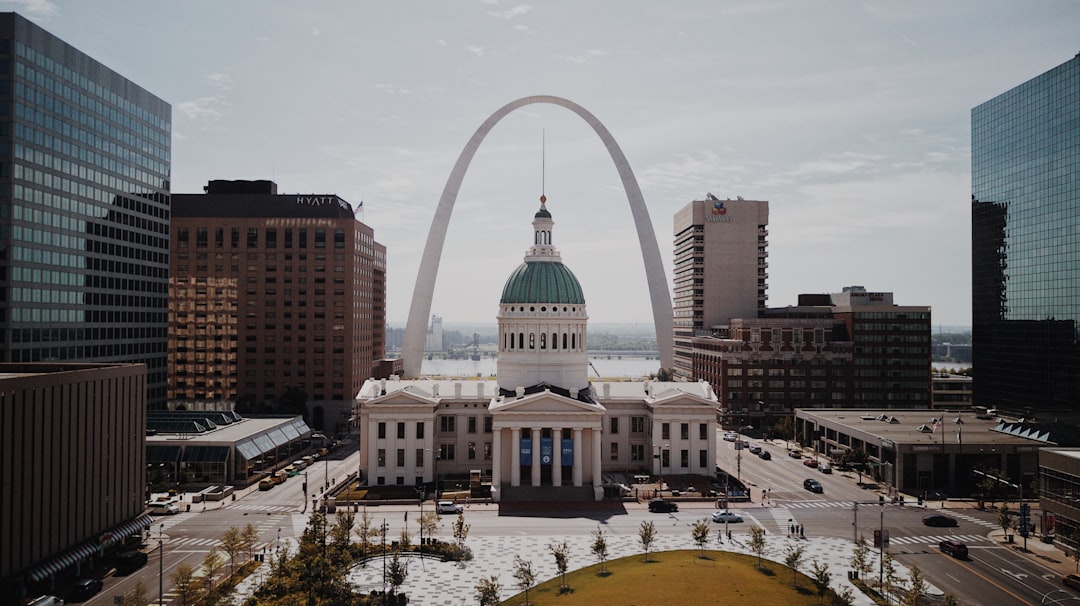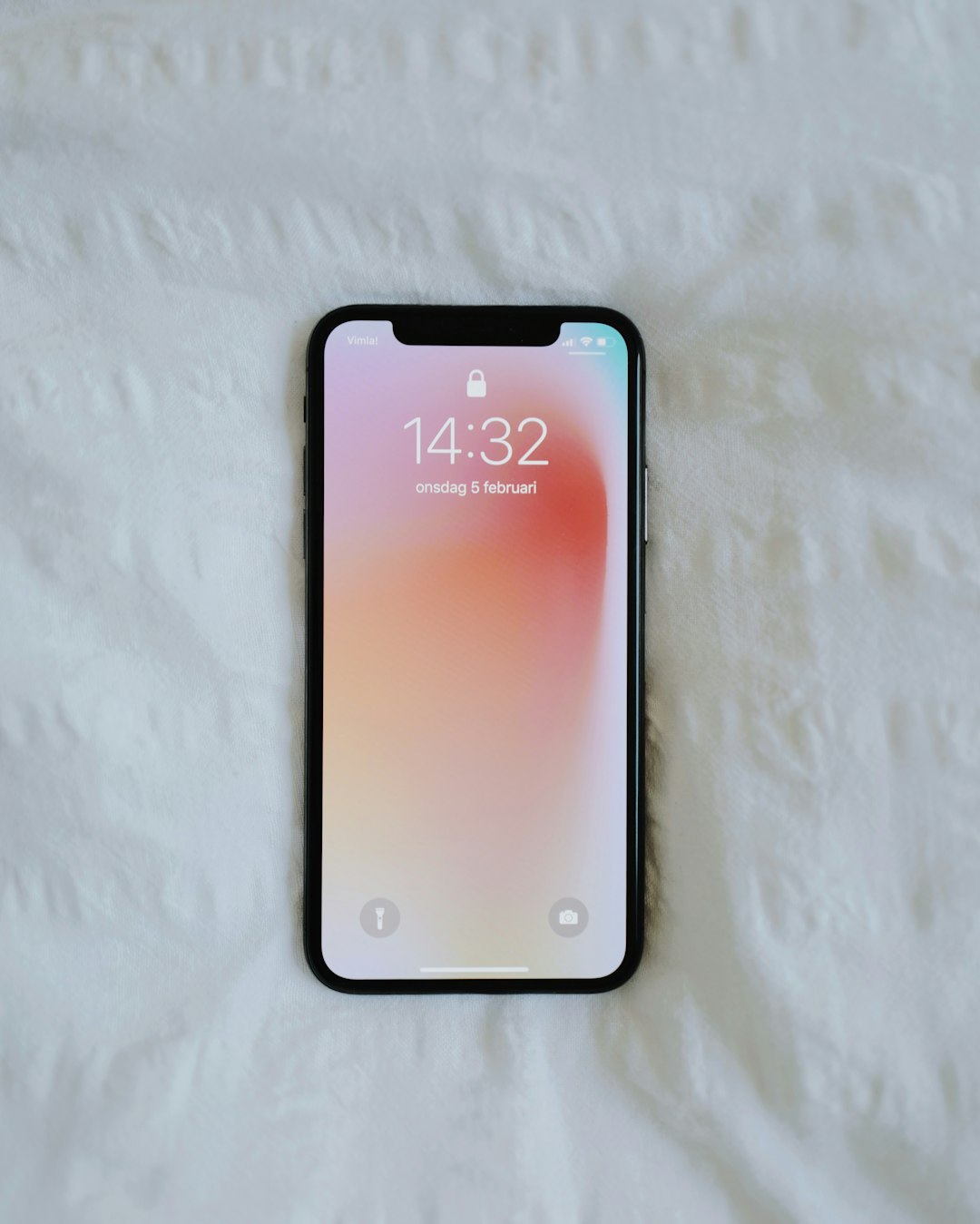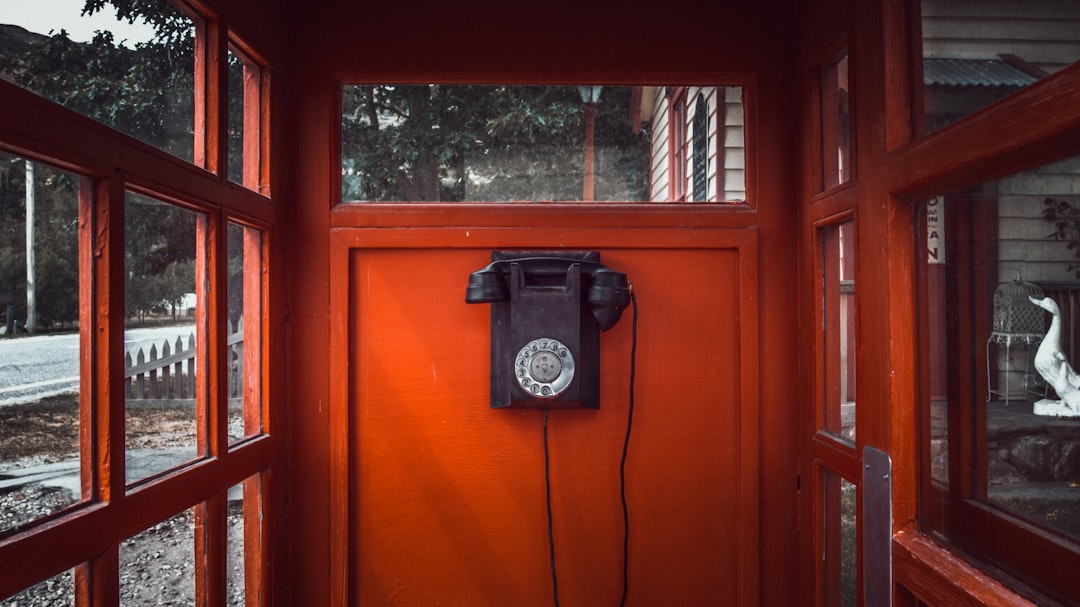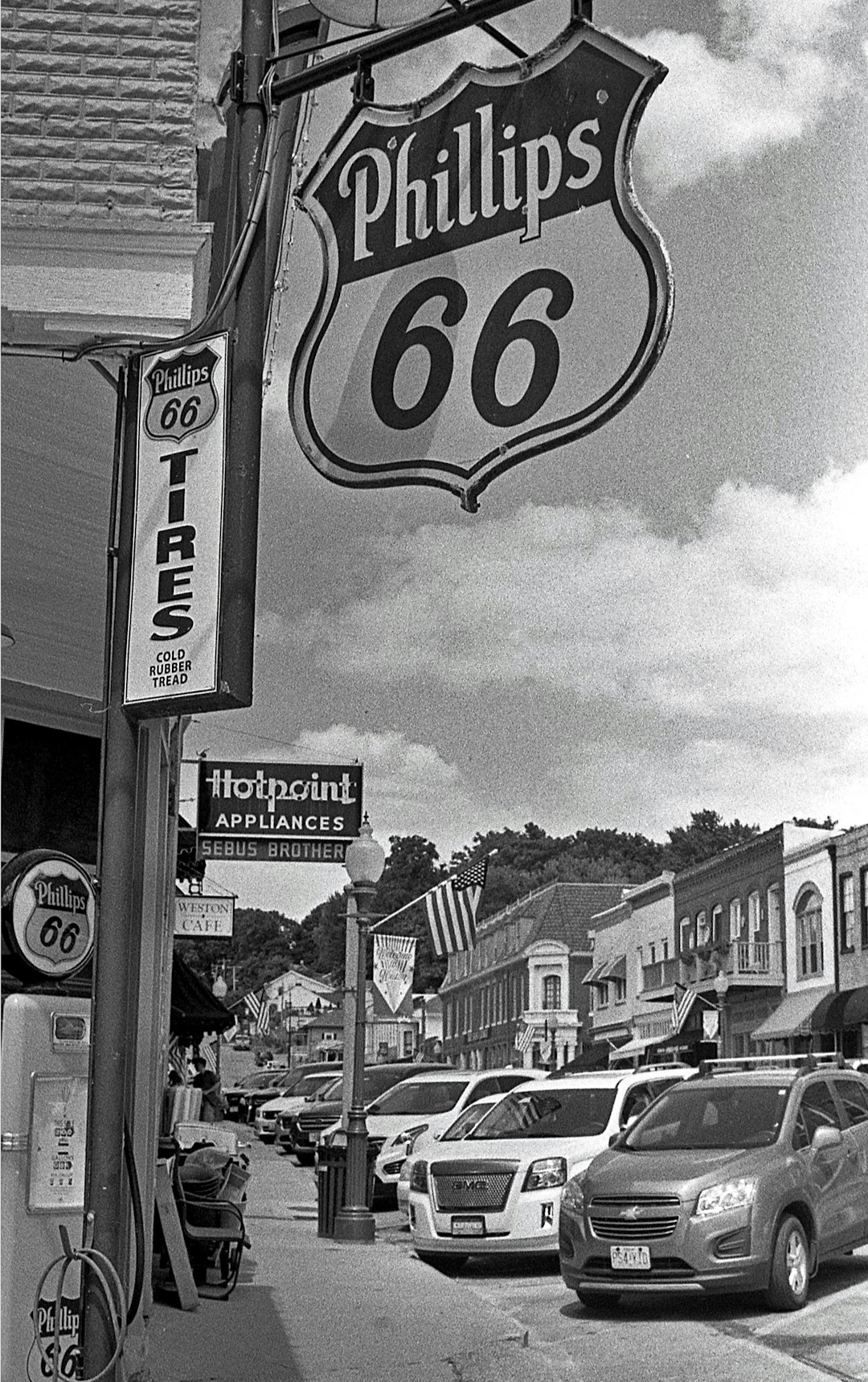Jefferson City utilizes responsible robocalls, adhering to Missouri's spam call laws, to promote energy efficiency. Their strategy includes resident education, incentives for home improvements, and collaboration with local businesses. This approach balances environmental benefits with economic advantages, ensuring effective communication while maintaining a positive public perception, even when navigating potential pitfalls of automated communication methods.
“In Jefferson City, Missouri, energy efficiency programs are gaining momentum, and an unexpected ally has emerged: robocalls. While often associated with spam and nuisance calls, these automated messages hold significant potential for promoting environmental initiatives. This article explores how Jefferson City leverages robocalls while navigating Missouri’s stringent spam call laws. We delve into the city’s innovative approach to engage residents in energy conservation efforts, ensuring compliance with legal frameworks. Understanding this strategy could revolutionize local government outreach.”
Understanding Robocalls and Spam Laws in Missouri

In Jefferson City, as across Missouri, robocalls and automated phone systems have become a common occurrence. While these calls can provide valuable information, they also fall under scrutiny due to the potential for spamming and invasion of privacy. The state’s Spam Call Law firms Missouri aim to balance the benefits of automated communication with consumer protection. This law prohibits unsolicited automated or prerecorded telephone calls except under specific circumstances, such as when the caller has an established business relationship with the recipient or obtains explicit consent.
Compliance with these spam call laws is crucial for energy efficiency programs aiming to utilize robocalls. By adhering to the regulations, these initiatives can effectively engage residents without running afoul of the law. Energy providers and related organizations must ensure that their automated calls are legitimate, relevant, and consents are obtained properly, thereby fostering a positive perception among Jefferson City’s citizens and promoting successful participation in energy-saving programs.
Jefferson City's Energy Efficiency Programs Explained

Jefferson City, like many cities across the country, has embraced energy efficiency programs as a means to reduce carbon footprints and lower utility costs for residents. These initiatives are not only beneficial for the environment but also offer economic advantages by making homes more energy-friendly and reducing energy wastage. The city’s approach involves a multi-faceted strategy that includes offering incentives for home improvements like installing energy-efficient appliances, LED lighting, and insulation upgrades.
One key aspect of Jefferson City’s plan is educating residents on the available resources and helping them navigate the process. This includes providing information sessions, workshops, and one-on-one consultations to ensure folks understand how to make their homes more efficient. Additionally, the city partners with local businesses and organizations to promote energy-saving practices, sometimes leveraging technology like robocalls to reach a wider audience, especially targeting residents who may not be as tech-savvy. These automated calls, while often frowned upon by consumers due to concerns over privacy and being considered spam by law firms in Missouri, can play a role in disseminating important information about energy conservation when used responsibly.
Integrating Robocalls for Effective Energy Conservation

In the pursuit of energy efficiency, Jefferson City has found a powerful ally in robocalls. These automated phone systems are no longer confined to telemarketing and spam call law firms Missouri; they’ve evolved to become critical tools for local governments aiming to reduce energy consumption. By leveraging robocalls, city officials can efficiently reach out to residents with valuable information about energy-saving practices, program eligibility, and time-sensitive opportunities. This direct communication method ensures that every household has access to the resources needed to make meaningful contributions to the community’s overall energy efficiency goals.
The integration of robocalls into energy conservation efforts offers numerous advantages. It allows for targeted campaigns that cater to specific demographics or areas, ensuring messages resonate with the intended audience. Moreover, robocalls can deliver personalized reminders and incentives, encouraging residents to adopt eco-friendly habits. In compliance with the Spam Call laws, these automated calls are designed to provide useful content rather than mere advertisements, fostering a positive perception among recipients. This strategic approach not only promotes energy efficiency but also cultivates a sense of community engagement in Jefferson City’s sustainability initiatives.






